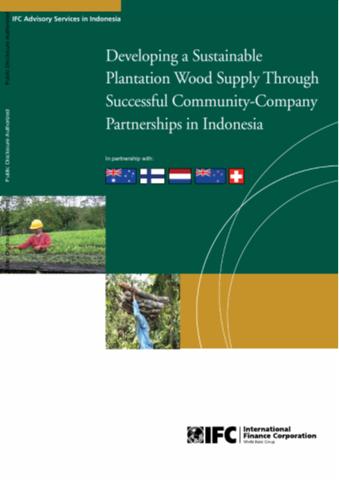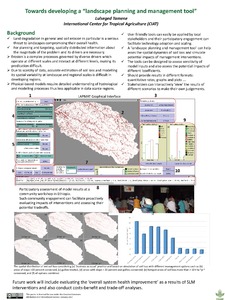Developing a Sustainable Plantation Wood Supply through Successful Community-Company Partnerships in Indonesia
Since the early 1990s, the industrial timber plantation (Hutan Tanaman Industri - HTI) scheme has been intended to serve as a major source of timber to meet domestic and export demand. The need to meet a large gap between legal wood supply and demand for forests products has been the recent years as high as 50 million





